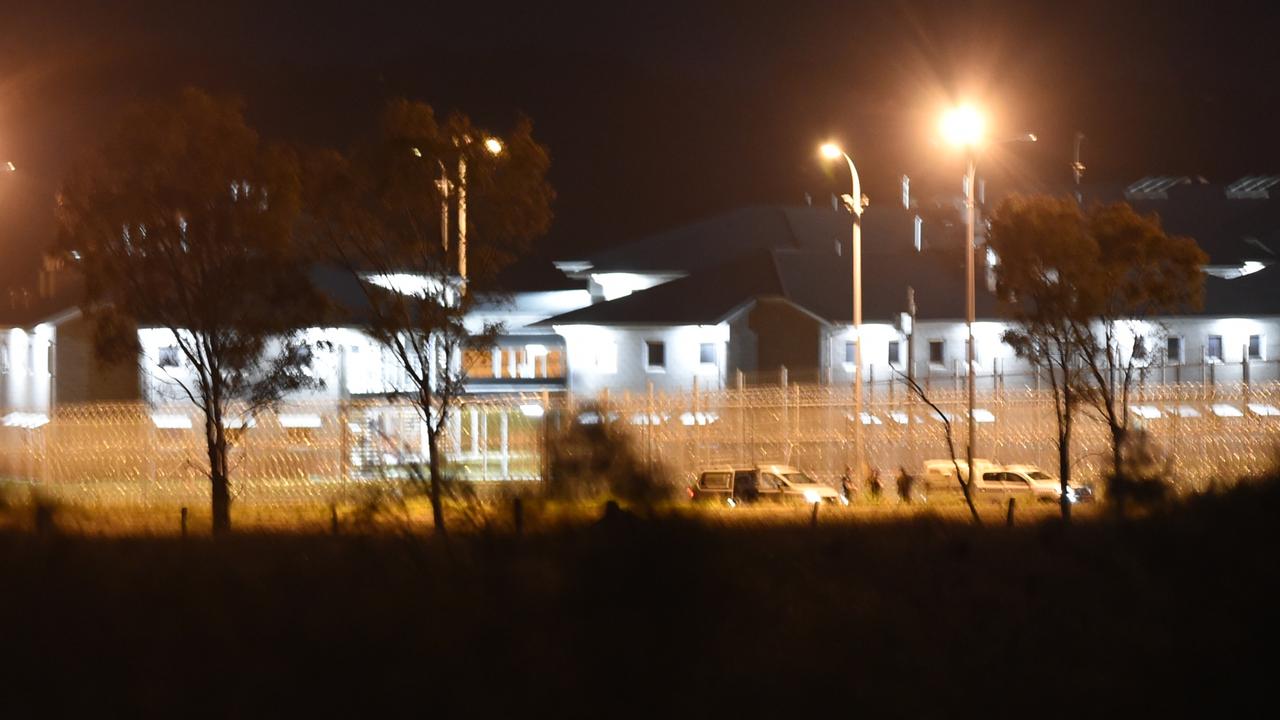North Goonyella mine workers win two-year sick leave legal stoush
Mine workers made redundant after a fire at a Bowen Basin site have won a two-year battle to claim unpaid sick leave. Here’s how the case unfolded.
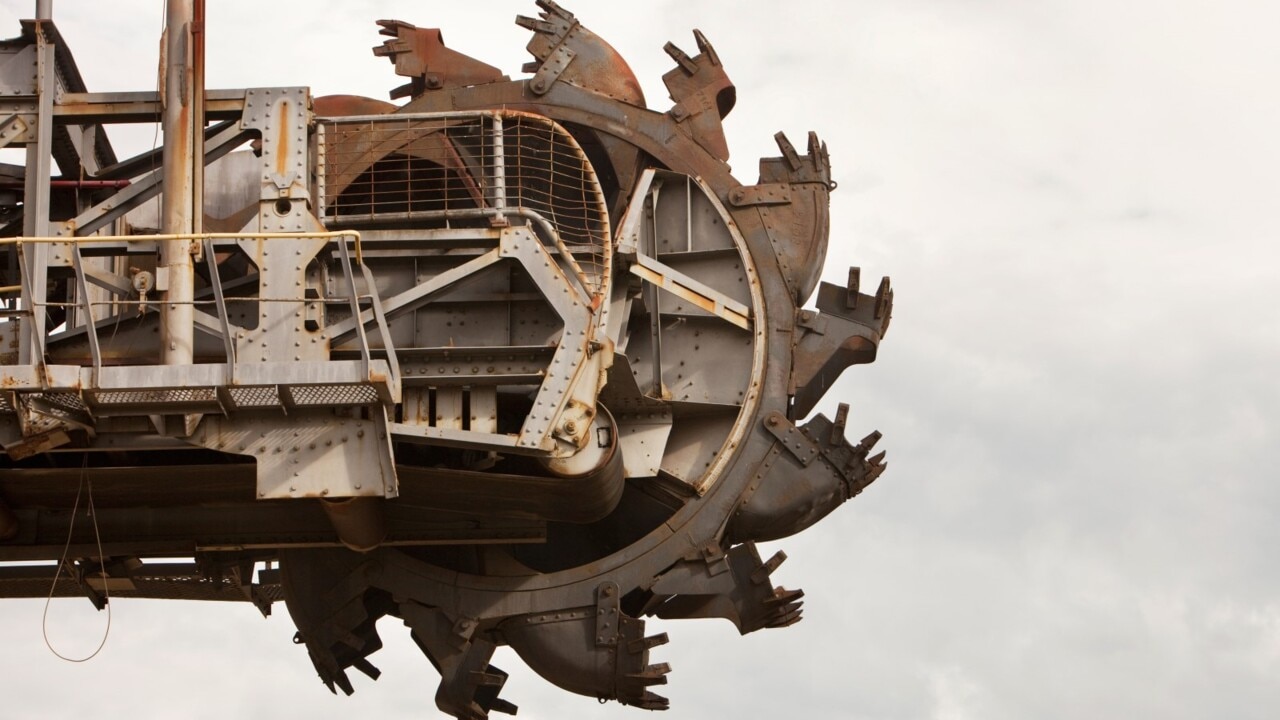
Police & Courts
Don't miss out on the headlines from Police & Courts. Followed categories will be added to My News.
Workers made redundant after a fire at North Goonyella mine have claimed a major victory against a resources giant after a two-year legal battle over hundreds of thousands of dollars in unpaid sick leave entitlements.
Thick black smoke was seen billowing from the underground mine, about 65km north of Moranbah and 160km west of Mackay, after a spontaneous blaze sparked in September 2018, despite efforts to treat the oxidation levels.
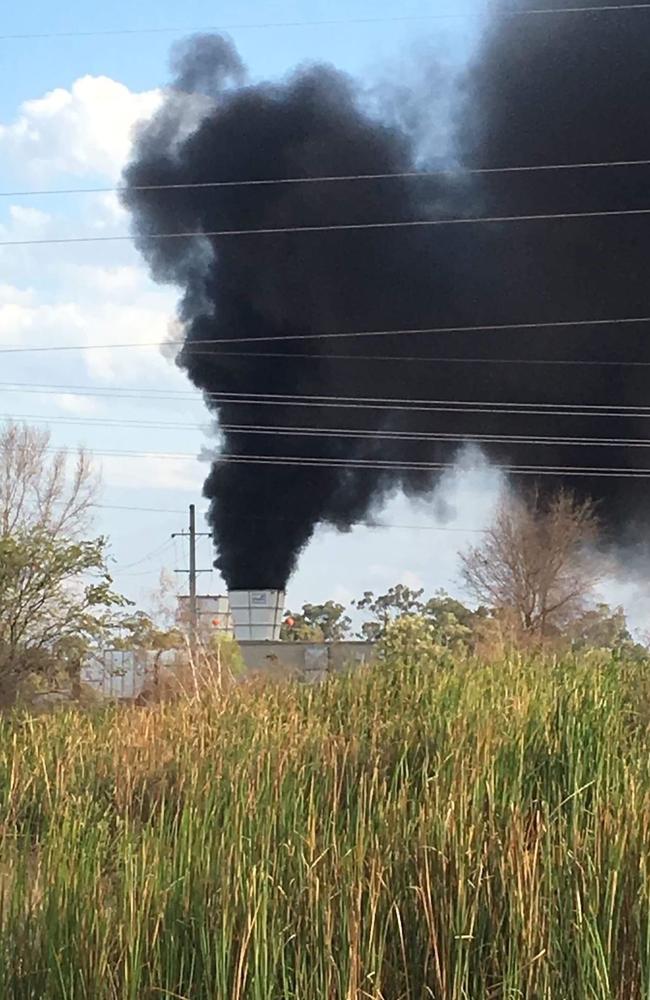
As a result, in late 2019 Peabody Energy Australia Coal Pty Ltd terminated employment for eight workers at North Goonyella mine, which led to a legal battle for accrued but untaken sick leave entitlements worth between $109,000 and $290,000.
It is understood Peabody maintained the entire workforce, including the eight workers, on full pay for 12 months after the mine fire, which occurred two month after Peabody had announced plans to build a new mining area to extend the life of the mine to 2026.
The eight workers were made redundant because the area was unsafe and led to the eventual closure of the site until it could be covered.
The Association of Professional Engineers, Scientists and Managers Australia began proceedings in the Federal Court alleging the mining company breached the Fair Work Act.
Peabody denied “it was obliged to make those payments to the employees” and argued the North Goonyella workers – Matthew Brown, Bradley Faggotter, Neil Green, Craig Ward, Daryl Matthews, Richard Borg, Johnathan Borg and John Fitzpatrick were not entitled to sick leave payments “because they were not terminated by retrenchment”.
It was also argued all but Mr Faggotter were “high-income earners” and were not entitled to the sick leave entitlements.
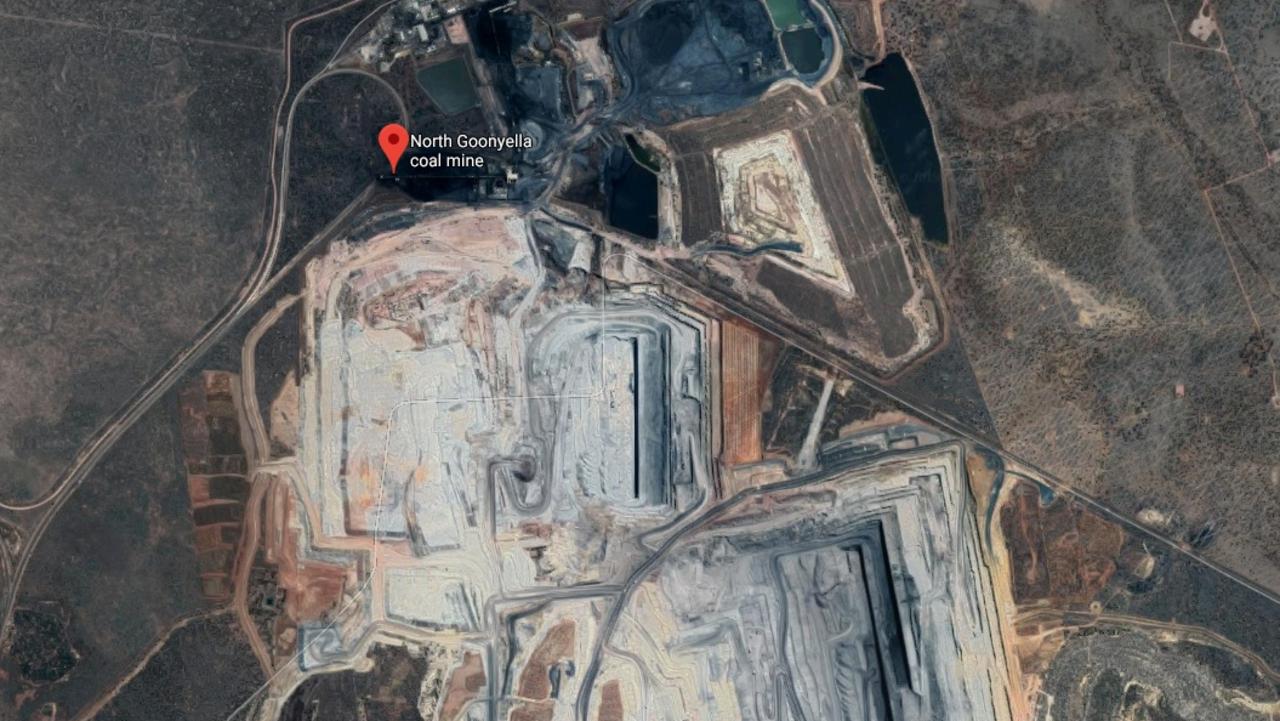
The court heard there was no dispute all employees but Mr Faggotter had an annual income that exceeded $153,600, which was the “high-income threshold” – but the issue depended on whether the workers’ employment contracts included a “guarantee of annual earnings”.
The Federal Court rejected Peabody’s argument the workers were high income earners as having “no merit” because there was no guarantee of annual earnings.
It also rejected the mining company’s claim the North Goonyella workers had not been terminated “by retrenchment”.
As a result, the workers are entitled to a payout of between $109,000 and $290,000.
A Peabody spokeswoman said the company was currently reviewing the Federal Court’s decision.
“Peabody values the efforts of our Australian employees and we take our responsibilities to them seriously,” she said.
This comes three months after Resources Safety and Health Queensland blocked an application to stall enforcement action against two former North Goonyella officials.
The two former mine workers applied to the Industrial Magistrates Court in Brisbane to stay the RSHQ chief executive officer’s decision in November 2021 to cancel their certificates of competency following an investigation into the fire.
If granted the stay would have allowed the former officials to continue working as underground coal mine managers until their appeals against the decisions were determined.
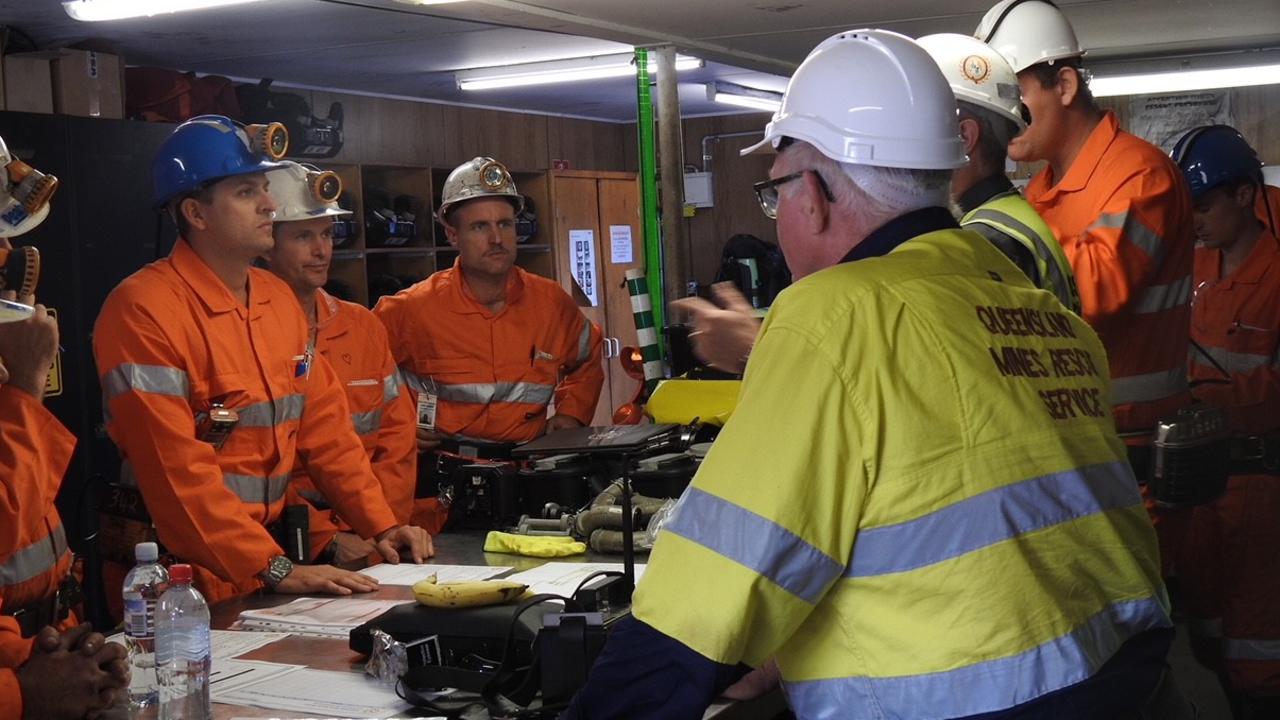
On September 1, 2018 all workers were withdrawn from the underground mine as a precaution following rising carbon monoxide levels at the longwall – hours later the mine’s spontaneous combustion triggers were reached culminating in the underground fire.
In refusing the stay application Magistrate Mark Nolan said the decision “followed an extensive investigation and contained findings of serious misconduct, which had the potential to result in injury or death to others who worked at or visited the mine”.
In October 2021 RSHQ, as part of its decision to cancel the certificates of competency, stated: “Effectively managing risks associated with spontaneous combustion and methane is critical to preventing serious harm to coal mine workers”.
“Incidents such as the Moura No. 2 mine explosion in 1994 and the Moura No. 4 explosion in 1986, which together claimed 23 lives, in addition to other tragic incidents before them, are tragic reminders of this,” it read.
Workers did not re-enter Zone 1 of the mine until July 2019.
In October 2019, it was reported Peabody had spent about $9m in trying to contain the underground blaze and also recorded a $49.3m charge for estimated equipment loss.
More Coverage
Originally published as North Goonyella mine workers win two-year sick leave legal stoush




